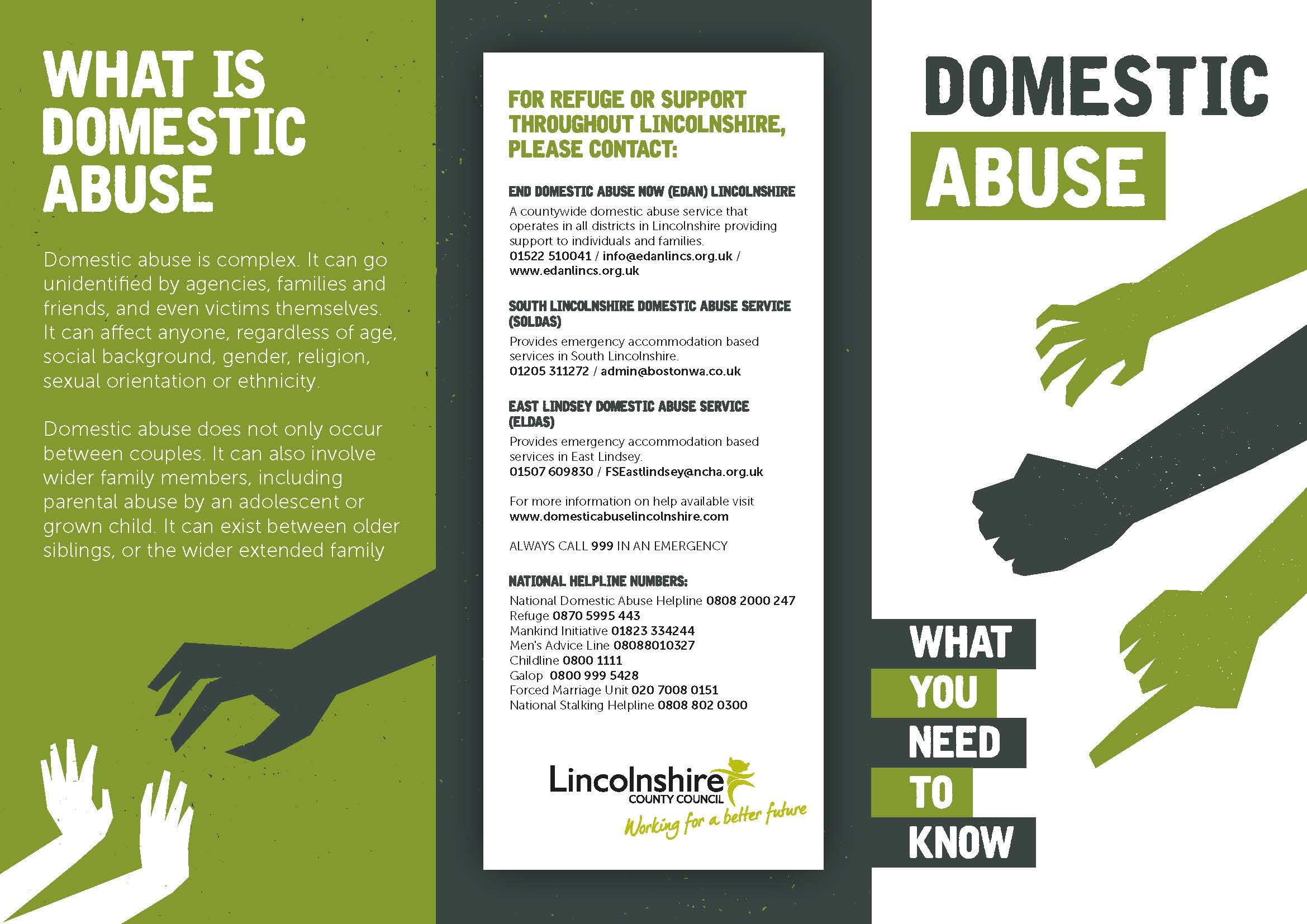Causes and Contributing Factors: Domestic Battery

Domestic battery, a form of intimate partner violence, is a serious issue with complex roots. Understanding the underlying causes and contributing factors is crucial for developing effective prevention and intervention strategies.
Power Imbalances
Power imbalances within relationships can create a fertile ground for domestic battery. This can manifest in various ways, such as one partner having more financial control, social influence, or decision-making power. When one partner feels superior or entitled to control the other, the risk of violence increases.
Anger Management Issues, Domestic battery
Individuals with poor anger management skills may resort to physical aggression when they feel frustrated, overwhelmed, or threatened. This can be exacerbated by underlying mental health conditions, substance abuse, or past trauma.
Substance Abuse
Alcohol and drug abuse can significantly contribute to domestic battery. Substance use can impair judgment, increase impulsivity, and lower inhibitions, making individuals more likely to act aggressively.
Societal Norms and Cultural Factors
Societal norms and cultural factors can also play a role in perpetuating domestic battery. Traditional gender roles that emphasize male dominance and female submissiveness can create an environment where violence against women is more likely to be tolerated or even justified.
Mental Health Conditions
Mental health conditions, such as depression, anxiety, and personality disorders, can contribute to domestic battery. These conditions can affect an individual’s ability to regulate emotions, cope with stress, and maintain healthy relationships.
Trauma and Past Experiences
Past experiences of trauma, such as childhood abuse or witnessing domestic violence, can increase the risk of perpetrating or experiencing domestic battery. Trauma can lead to emotional dysregulation, difficulty forming healthy relationships, and a higher tolerance for violence.
Motivations Behind Different Types of Domestic Battery
The motivations behind domestic battery can vary depending on the context. In some cases, it may be driven by a desire for control, while in others, it may be a result of anger, jealousy, or a need for power.
Consequences and Impact

Domestic battery, a serious form of violence, leaves lasting scars on victims and their families. The immediate and long-term consequences can be devastating, impacting physical, emotional, and mental well-being. Understanding these consequences is crucial for addressing the issue and providing support to those affected.
Psychological and Emotional Effects
Domestic battery can have profound psychological and emotional effects on victims. The constant fear, anxiety, and trauma associated with abuse can lead to various mental health issues, including:
- Post-traumatic stress disorder (PTSD): Victims may experience flashbacks, nightmares, and intense emotional distress triggered by events or situations reminiscent of the abuse.
- Depression: The emotional toll of domestic battery can lead to feelings of hopelessness, worthlessness, and isolation.
- Anxiety: Constant fear and uncertainty can result in generalized anxiety disorder, characterized by excessive worry and nervousness.
- Substance abuse: Victims may turn to drugs or alcohol to cope with the emotional pain and trauma.
- Suicidal thoughts: The overwhelming emotional burden of domestic battery can lead to suicidal ideation or attempts.
Impact on Children and Families
Domestic battery has a devastating impact on children and families. Witnessing violence can traumatize children, leading to:
- Behavioral problems: Children exposed to domestic violence may exhibit aggression, anxiety, or withdrawal.
- Academic difficulties: The emotional distress and trauma can affect their ability to concentrate and perform in school.
- Increased risk of future violence: Children who witness domestic violence are more likely to engage in violence themselves later in life.
Domestic battery also disrupts family dynamics, creating an atmosphere of fear and instability. Children may feel caught in the middle, torn between their parents, and struggle to cope with the emotional turmoil.
Legal Repercussions for Perpetrators
Domestic battery is a serious crime with severe legal consequences for perpetrators. The penalties can vary depending on the severity of the abuse and the jurisdiction, but may include:
- Arrest and detention: Perpetrators can be arrested and held in custody pending trial.
- Fines: Financial penalties can be imposed, ranging from hundreds to thousands of dollars.
- Probation: Perpetrators may be placed on probation, requiring them to meet certain conditions and undergo counseling.
- Jail time: In severe cases, perpetrators can be sentenced to jail or prison for varying periods.
- Protective orders: Victims can obtain protective orders prohibiting perpetrators from contacting them or coming near their residence.
Resources and Support for Victims
Victims of domestic battery have access to a range of resources and support services:
- Domestic violence shelters: These provide safe havens for victims and their children, offering temporary housing, counseling, and support services.
- Hotlines: Victims can call confidential hotlines to receive immediate support, information, and referrals to local resources.
- Legal aid: Legal aid organizations can provide legal advice and representation to victims seeking protection orders or pursuing criminal charges against their abusers.
- Therapy: Counseling can help victims process the trauma of abuse, develop coping mechanisms, and regain a sense of control and empowerment.
- Support groups: Connecting with others who have experienced domestic violence can provide a sense of community, understanding, and validation.
Domestic battery is a serious crime that involves physical harm or the threat of harm within a domestic relationship. It’s important to remember that anyone can be a victim, regardless of their age, gender, or social status. There’s been a lot of speculation online about whether actress Skai Jackson was arrested, and you can find out more about the truth behind those rumors by checking out this article: did skai jackson get arrested.
It’s crucial to take any allegations of domestic battery seriously and seek help if you or someone you know needs it.
Domestic battery is a serious issue that can have devastating consequences for victims. It’s important to remember that violence is never the answer, and there are resources available to help those who are experiencing abuse. A recent case that garnered significant attention involved Skai Jackson’s alleged domestic violence.
This case highlights the importance of addressing domestic battery and seeking help if you are in a dangerous situation. Remember, you are not alone, and there are people who care about your safety and well-being.